Minerals & vitamins

Mineral and vitamin products
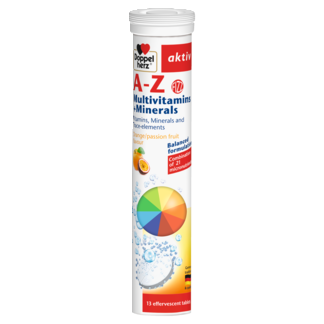






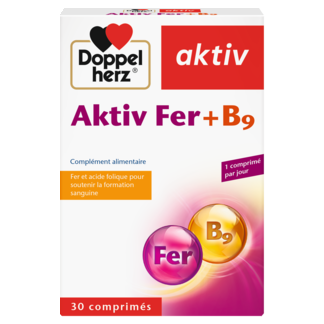
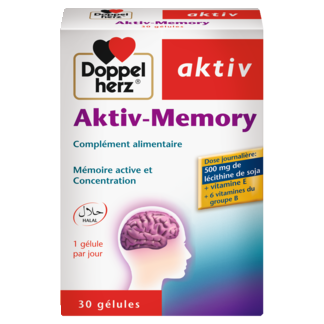

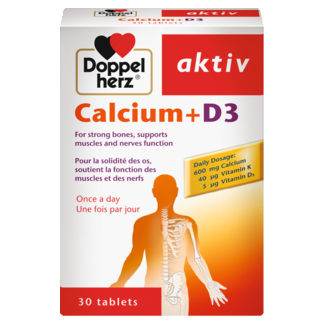



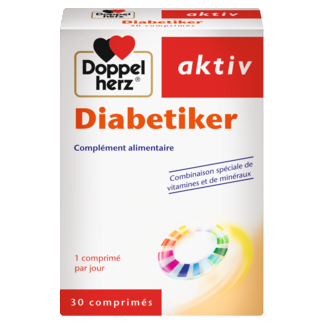


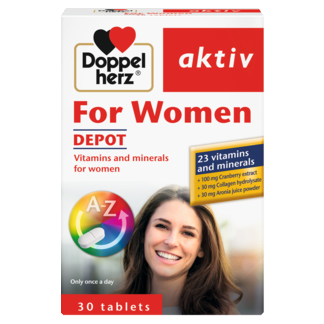










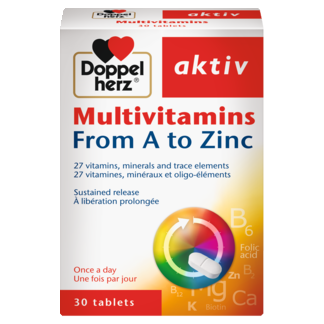









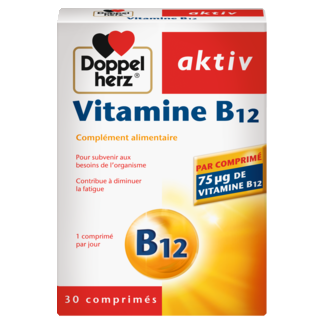
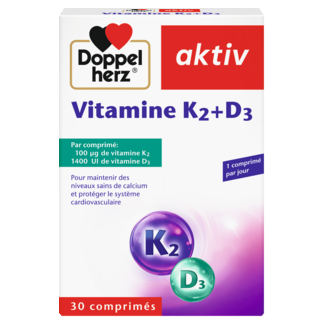





What exactly are minerals, vitamins and trace elements?
With a few exceptions, such as vitamin D, these nutrients cannot be produced by the human body. That means that we have to take them in with the food we eat.
Vitamins, minerals and trace elements are involved in an incredible amount of metabolic activities, biochemical processes and the function of muscles, organs and mental capacity. Many of these precious helpers have multiple tasks and are intermeshed like cogs in a machine.
Nature has taken good care of us because we can take in all nutrients with the food we eat. However, we must consume an adequate quantity of them. And this is precisely where the problem lies, as many studies verify that our levels are not always adequate.
Vitamins – small quantities, big effect
We can neither see nor taste them, but still vitamins are indispensable for our health. Tiny amounts are enough to keep vital metabolic processes going.
Carbohydrates, for example, help convert the fat or protein in our food into energy; they strengthen the body's own defenses and contribute to building hormones, enzymes and blood cells. Vitamins maintain our mental and physical capacity and are important for a healthy cardiovascular system.
The human body is not able to produce most of the vitamins itself, therefore we must ingest them with the food we eat. Vitamin D takes a special position. The body itself can produce it in interaction with sunlight.
There are a total of 13 different vitamins which are fat or water-soluble.
The fat-soluble vitamins include vitamins A, D, E and K that the body can absorb only in combination with fat. A daily intake of these vitamins is not absolutely necessary as they can be stored in the body fat.
This is different for the water-soluble vitamins B1, B2, B6, B12, folic acid, biotin, pantothenic acid, niacin as well as vitamin C. A continuous intake of those is indispensable as they - with the exception of vitamin B 12 - can only be stored in small quantities.
Fat-soluble vitamins:
- Vitamin A
- Vitamin D
- Vitamin E
- Vitamin K
Water-soluble vitamins:
- Vitamin C
- Vitamin B1
- Vitamin B2
- Vitamin B6
- Vitamin B12
- Folic acid
- Biotin
- Pantothenic acid
- Niacin
A famous example of vitamin C deficiency is "scurvy." Particularly the hard-boiled seafarers feared scurvy because the diet on long voyages was often insufficient. The remedy came in 1776 when James Cook made sauerkraut and lemons with high vitamin C content palatable to his crew…
Minerals – calcium and magnesium are the celebrities
Minerals are non-organic nutrients the body itself cannot produce, unfortunately.
Did you know this? Unbelievably 35 % of the human body consists of minerals!
Minerals are needed for innumerable functions in the body.
They help build teeth and bones as well as blood cells and hormones, are involved in blood coagulation, transmit stimuli, activate enzymes, etc. etc. etc.
Depending on their concentration in the body, minerals are distinguished by trace elements and bulk elements. The bulk elements include minerals that occur in concentrations of at least 50 mg per kg of body weight.
Calcium and magnesium are certainly among the best known minerals. Calcium is usually associated with bone and tooth health, and night-time cramps in the lower leg are the most common symptoms of inadequate magnesium intake.
Minerals (bulk elements):
- Magnesium (Mg)
- Calcium (Ca)
- Potassium (K)
- Sodium (Na)
- Chlorine (CI)
- Phosphorus (P)
- Sulfur (S)
Our tip: Minerals are soluble to water, so we should take care not to wash fruit and vegetables too vigorously and to keep to short cooking times. Since minerals blend into the cooking water, it makes sense to use it as a basis for sauces or soups.
Trace elements – iron is an exception
Trace elements are also minerals, however they occur only in low concentrations (traces) of under 50 mg per kg of body weight. For the human organism, copper, zinc, manganese, molybdenum, chromium, selenium, cobalt, fluorine, silicon, iron and iodine are among the essential trace elements.
No rule without an exception: Iron is considered a trace element although it occurs with a concentration of some 60 mg per kg of body weight.
Essential trace elements:
- Copper
- Zinc
- Manganese
- Molybdenum
- Chromium
- Selenium
- Cobalt
- Fluorine
- Silicon
- Iron
- Iodine
A well-known trace element deficiency disease is anemia which is caused by lack of iron. Fatigue and poor performance often occur in women during their period (menstrual blood loss) and pregnancy (iron transferred to baby).
The trace element iron can be better absorbed by the human digestive system from animal than from vegetable sources. Good iron sources are chicken liver and egg yolk, but pumpkin seeds and soy beans also contain the trace element.
Our tip: Vitamin C facilitates the body's iron absorption. Just one glass of orange juice helps.